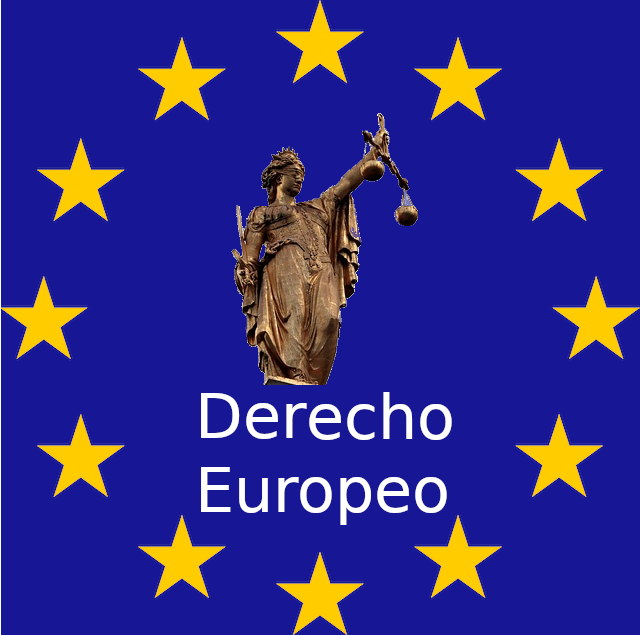9. The European Public Prosecutor: the Power of attorney. Stagnation against Renewal

CONCLUSIONS OF THE OPINION: The European Public Prosecutor The Evocation. Stagnation against Revolution. The opinion deals with the new and innovative tools at his disposal. The European Public Prosecutor’s Office, such as the case of the “Evocation”, i.e. the power to halt the investigation in one State in order to continue the proceedings in another. […]
8. The European Public Prosecutor’s Office under Council regulation (EU) 2017/1939

CONCLUSIONS OF THE OPINION: The European Public Prosecutor’s Office of Council Regulation (EU) 2017/1939 of 12 October 2017 establishing closer cooperation for the establishment of the European Public Prosecutor’s Office Between appropriation and sabotage Special reference to movements to evade legislative transpositions by elements of the Administration of Justice that cut back on privileges and […]
7. European Directive 2019/1937: The Revolution in Jurisdiction. Single European Jurisdiction

CONCLUSIONS OF THE OPINION: European Directive 2019/1937 the revolution in the jurisdiction The visibility of the fact that Justice is a shared competence, and that judges are previously European rather than Spanish, with all that this implies. FIRST.- Justice is a “shared competence”. In the exercise of this competence, the Member States are recognized as […]
6. Scope of the EU Sovereignty, competence and jurisdiction with reference to the Spanish State in applicatio of the EU Directive 2016/1937

CONCLUSIONS OF THE OPINION: Scope of the EU’s sovereignty, competence and jurisdiction with reference to the Spanish state in application of the EU Directive 2019/1937 One of the first things that surprises us is the declaration of sovereignty over many issues made by the Union. This sovereignty is exercised by creating a single preliminary ruling […]
5. The figures of the Investigator, the complainant, the person concerned and the facilitator in EU Directive 2019/1937

CONCLUSIONS OF THE OPINION: The figures of the investigator, the reporting person, the concerned person and the facilitator in the EU Directive 2019/1937. The regulation creates new figures that play a decisive role. FIRST.- The figure in charge of the complaint’s channel is not, like others, defined as such in the Directive; but because of […]
4. Mailboxes and complaint channels: Technical-legal aspects of the mailboxes or internal channels of the Directive 1937/2019 UE

CONCLUSIONS OF THE OPINION: Mailboxes and channels of complaint, technical-legal aspects of mailboxes or internal channels of complaint, of the directive 1937/2019 EC. This paper explores how complaint boxes should be set up in practice, the procedure to be followed and the characteristics of the staff in charge of them. FIRST.- The internal mailbox or […]
3.What does the Whistleblower Directive modify? and explosion within the Union Law

CONCLUSIONS OF THE OPINION: What does the whistleblower directive amend?, an explosion within Union law. This third opinion analyses both the Union’s strategies, which involve the entire administration, including the judiciary and the military, and the impact on practice of all existing law.FIRST.- To guarantee a high level of protection for whistleblowers who report violations […]
2. Directive , Mailboxes, reporting channels and sphere of influence

DIRECTIVE, MAILBOXES, COMPLAINT CHANNELS AND SCOPE OF INFLUENCE OPINION CONCLUSIONS Directive, complaint channels and scope of influence. This second opinion deals in more detail with the social, political and legal changes that the implementation of the Directive will bring about 2019/1937. FIRST.- Whistleblowing, understood as the reporting of irregularities, “refers to the alert issued by an […]
